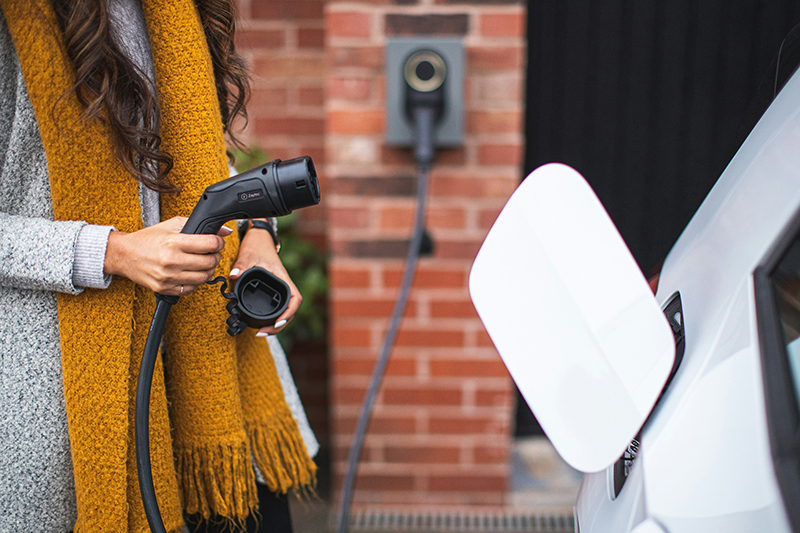Battery manufacturers report sustainability performance
Ten consortia, led by leading battery cell manufacturers, have completed a pre-competitive effort to establish harmonised battery passports, moving towards more transparent and sustainable battery value chains.

Pilot projects were coordinated by the Global Battery Alliance (GBA), a multi-stakeholder platform committed to scaling a responsible and circular battery value chain by 2030.
Building on a battery passport proof-of-concept in 2023, the consortia worked with seven digital solution providers to determine provenance and flow of seven materials - lithium, graphite (artificial), aluminium, cobalt, copper, iron phosphate and nickel.
Cell manufacturers, representing over 80% of global electric vehicle battery market share, mobilised their supply chains from mining companies to refiners, manufacturers and recyclers to participate in the pilots.
Building on existing regulations and voluntary standards, seven rulebooks have been developed by the GBA, covering:
- Greenhouse gas emissions
- Environmental and human rights due diligence
- Forced labour
- Child labour
- Biodiversity
- Indigenous Peoples' rights
- Circular design
The rulebooks define baseline expectations and leading practices to help guide company efforts in addressing risks and sustainability impacts within their supply chains.
Participating in the pilot allowed companies to benchmark their preparedness against the due-diligence requirements of the EU Batteries Regulation, which will be implemented from 2025.
Inga Petersen, Executive Director of the GBA, says the work ‘represents an unprecedented commitment to greater transparency and sustainability in the battery industry as captured in the 2030 GBA Vision’.





